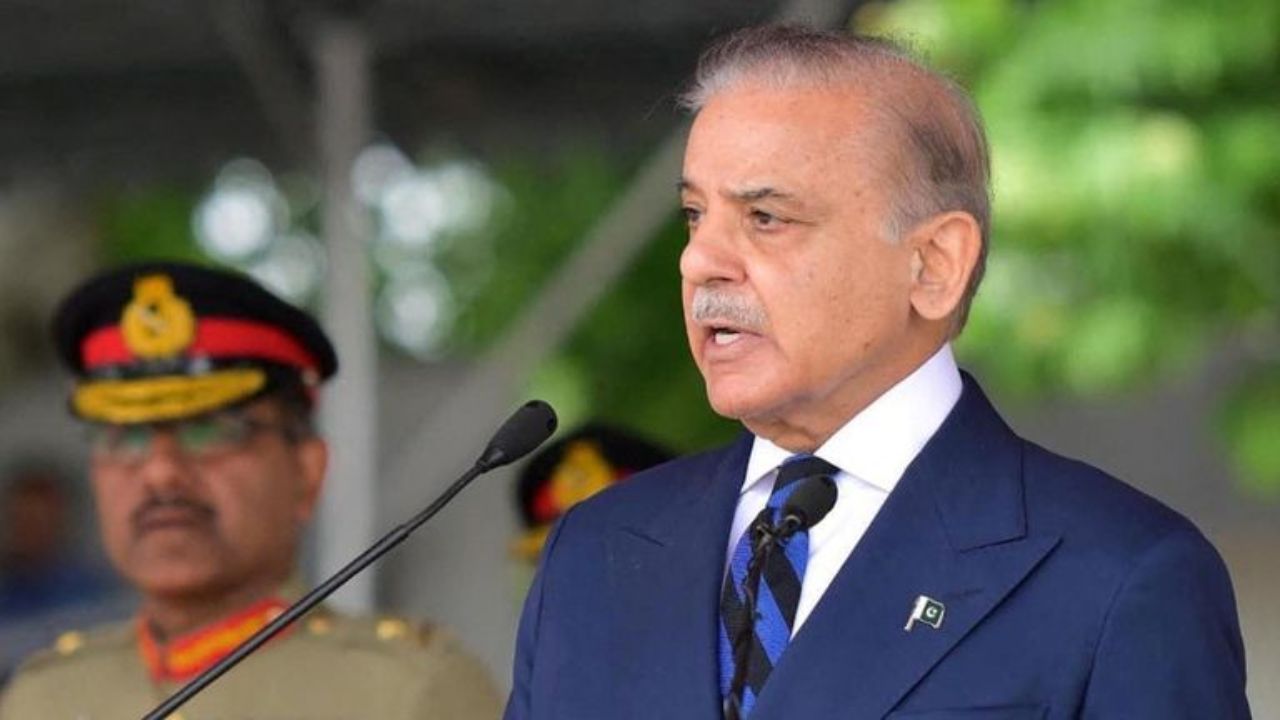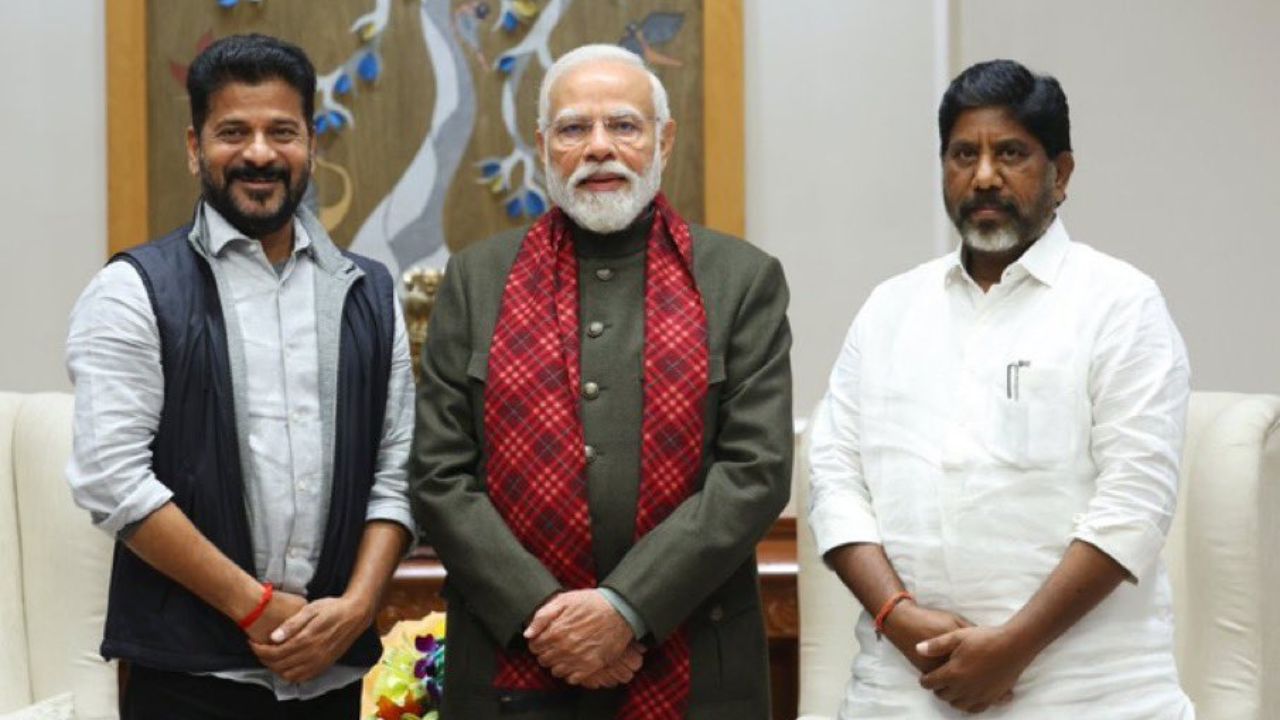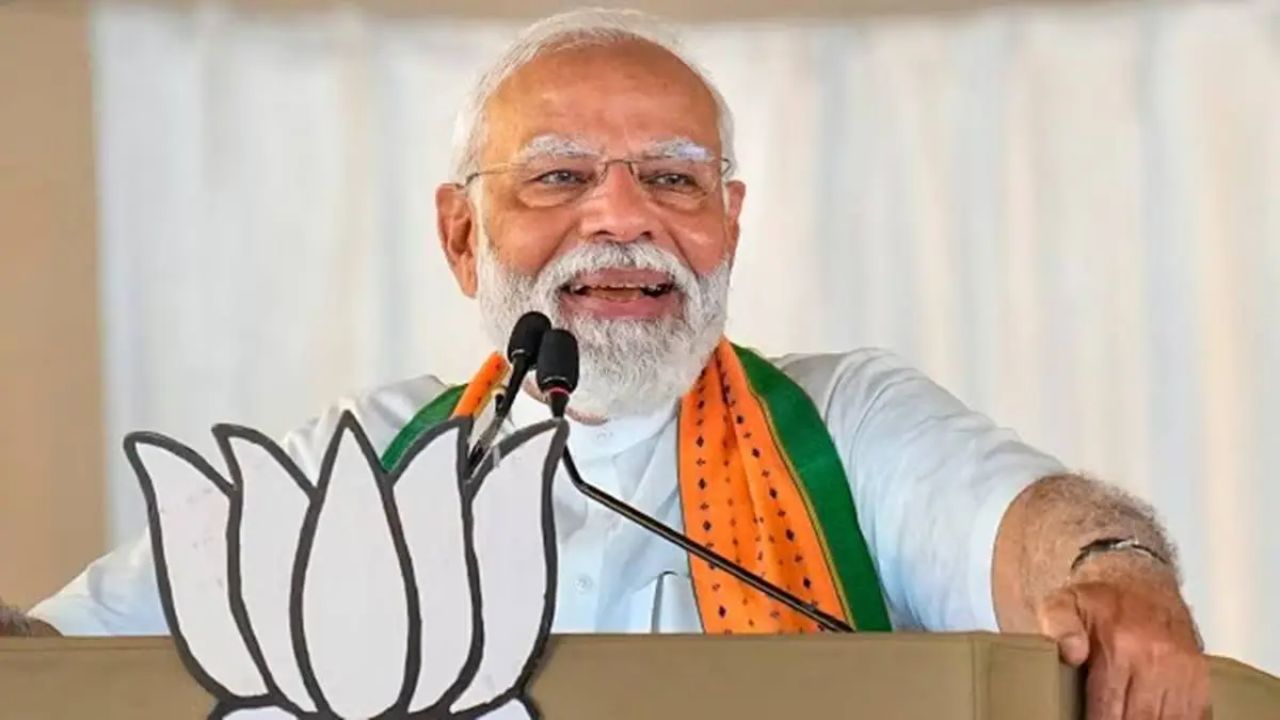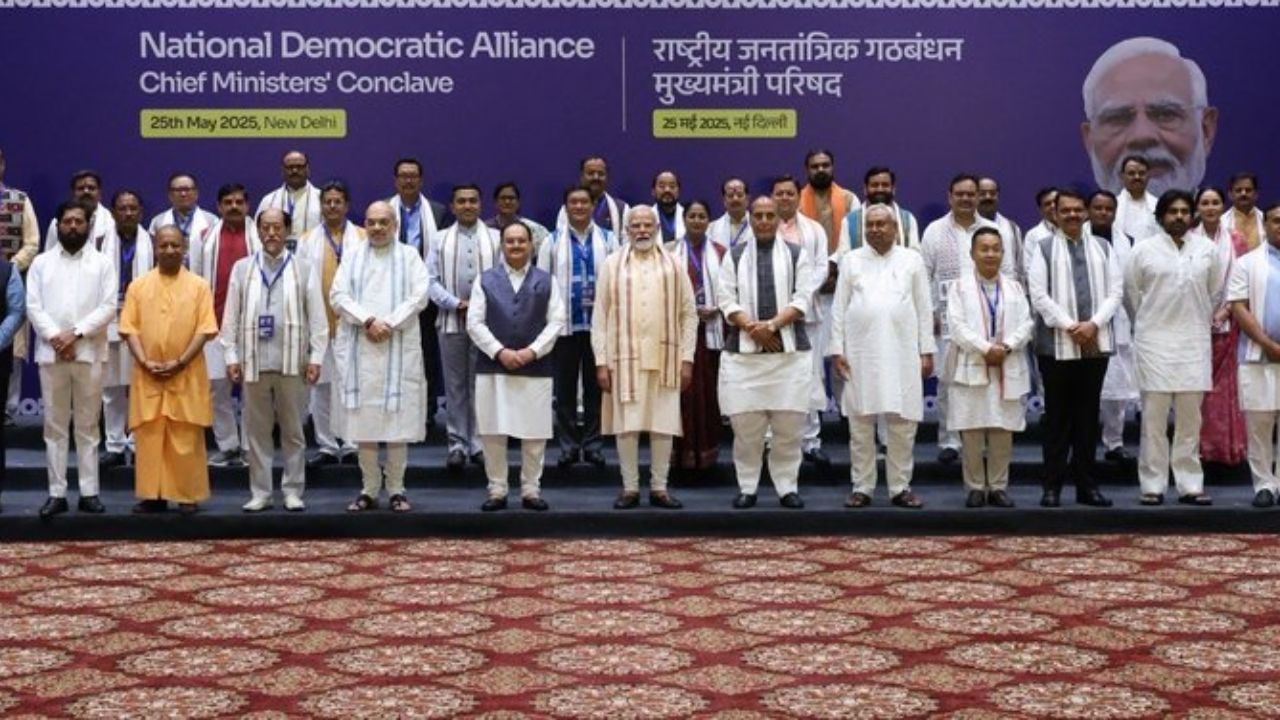Under Trump’s new order, children born to H-1B visa holders in the US lose birthright citizenship rights.
President Donald Trump has announced a policy that will deny U.S. citizenship to children born in the country unless at least one parent is an American citizen or a green card holder. This marks a
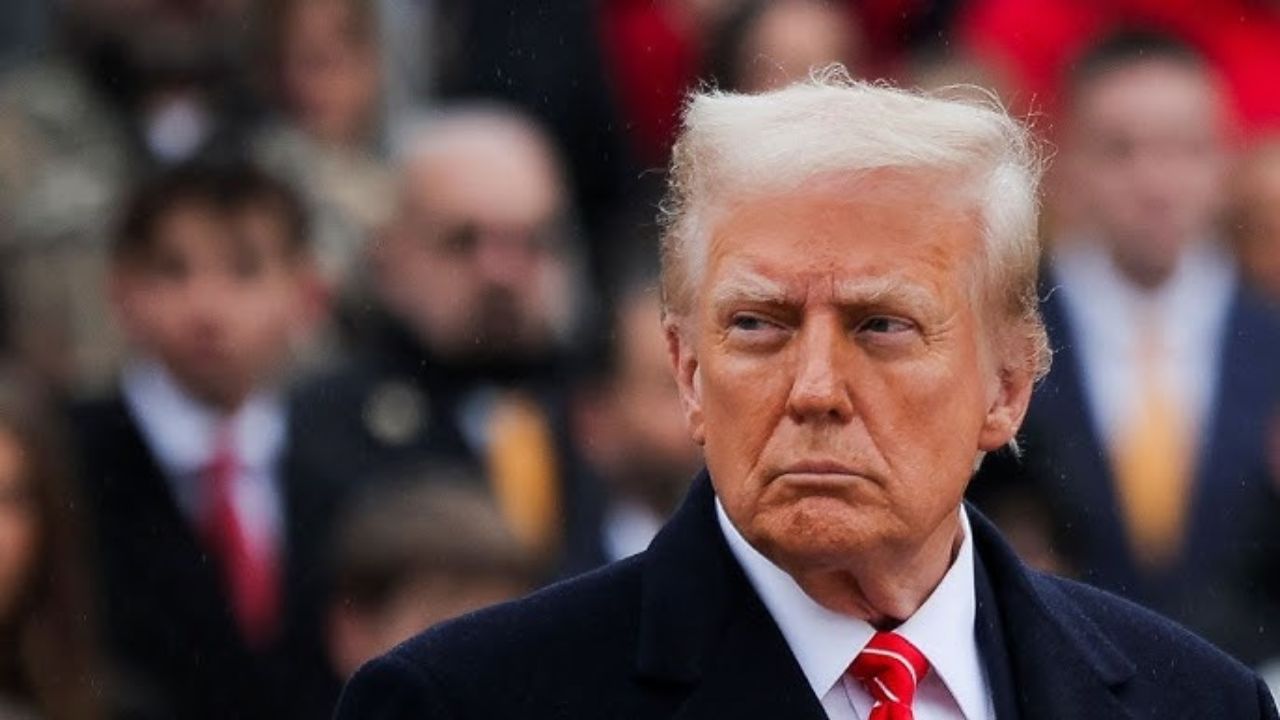
President Donald Trump has announced a policy that will deny U.S. citizenship to children born in the country unless at least one parent is an American citizen or a green card holder. This marks a significant shift from the longstanding practice of granting automatic citizenship to those born on U.S. soil. The decision is poised to have profound consequences for individuals holding temporary visas in the U.S., including hundreds of thousands of Indians on H-1B, L1, H4, F1, J1, or B1/B2 visas. The new policy will apply to children born in the U.S. after February 20, 30 days from the issuance of the order.
With over five million people of Indian origin in the U.S., a group that includes both Indian-Americans and Indian nationals, this policy will affect a large portion of the immigrant community.
The executive order has already been challenged in New Hampshire and Massachusetts courts, and it will not take effect if the courts block it within the next month.
On the first day of his second term, Trump issued the order titled “Protecting the Meaning and Value of American Citizenship,” arguing that the Constitution was never intended to automatically extend citizenship to all those born in the U.S. He based his decision on a controversial interpretation of the Fourteenth Amendment, which guarantees citizenship to “all persons born or naturalized in the United States, and subject to the jurisdiction thereof.” Trump argued that the phrase “subject to the jurisdiction thereof” means that children born in the U.S. to parents who are not fully subject to U.S. jurisdiction—such as those on temporary visas—would not qualify for citizenship.
The order specifically excludes two groups from birthright citizenship: those whose mothers are unlawfully present in the U.S. and whose fathers are not U.S. citizens or lawful permanent residents, and those whose mothers are temporarily in the U.S. on visas (e.g., student, work, or tourist) and whose fathers are not U.S. citizens or lawful permanent residents.
Trump’s order also instructs various federal agencies to ensure their policies align with this new stance, with the Secretary of State, Secretary of Homeland Security, Attorney General, and Commissioner of Social Security directed to take action accordingly.
The timing of this decision comes shortly after a controversy within Trump’s America First movement, which had implications for Indian nationals. A far-right Trump supporter criticized the H-1B program and made racially charged remarks about Indians, even as top tech figures like Elon Musk backed the program for bringing skilled talent to the U.S. Trump eventually reaffirmed his support for the program, but internal conflicts emerged, with figures like Vivek Ramaswamy, who had criticized American culture while defending the H-1B program, losing favor within Trump’s base.
Milan Vaishnav, director of the South Asia Program at the Carnegie Endowment for International Peace, described the executive order as a “dramatic reinterpretation” of the Fourteenth Amendment. He noted that the policy would have significant effects on Indian nationals, particularly those with H-1B visas and those waiting for permanent residency.
The American Civil Liberties Union (ACLU) also condemned the executive order, labeling it an attack on a “fundamental constitutional protection” that is central to equity and inclusion in the U.S. The ACLU argued that the order contradicts the Fourteenth Amendment, which was designed to guarantee citizenship to all born in the U.S., regardless of their parents’ immigration status. The amendment was passed after the Civil War as a response to the Dred Scott decision, which ruled that children of enslaved people were not U.S. citizens.
The ACLU also warned that the order, if implemented, would create a “permanent underclass” of potentially stateless individuals and deny children born to immigrant parents access to basic rights, such as education, healthcare, and the right to vote. It could lead to increased stigma, racial profiling, and bureaucratic chaos as citizenship questions are raised about families.
While Trump’s order on citizenship is part of a broader effort to tackle border security and migration, it stands apart from other policies that aim to control illegal immigration by addressing legal immigration. The order’s impact on legal immigrants marks a shift in how birthright citizenship is viewed and could reshape the interpretation of the Constitution. As legal challenges continue, the fate of the policy will have significant implications for future generations of Americans, particularly children born to immigrants.


